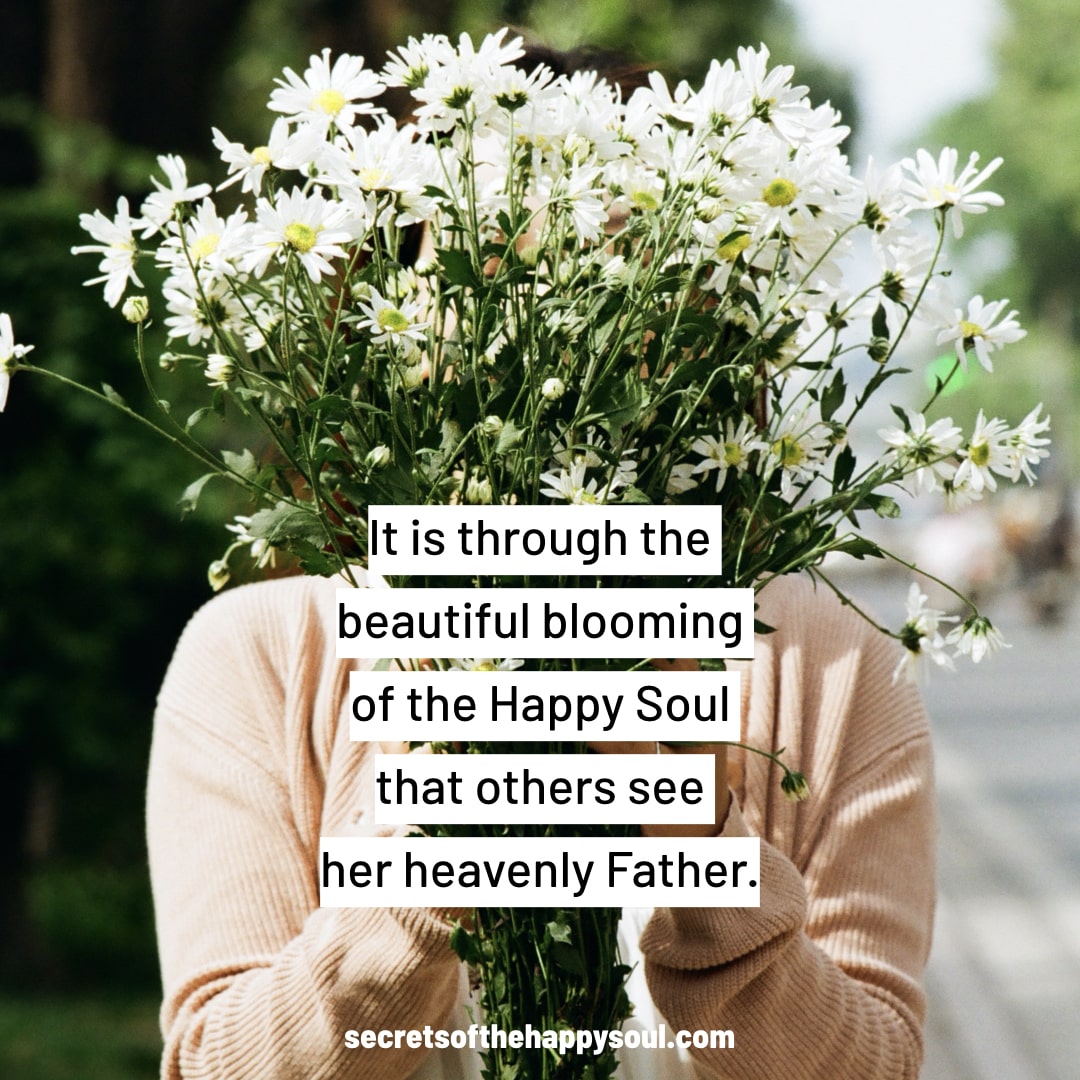I’ve been slowly working on our backyard. Though it is nice and green and beautifully paved, I’m not in love with the arrangement of plants.
Whenever I get a few moments of free time in the early evening, once the Florida heat begins to lessen, you can find me digging up and replanting plants. Some of them are growing great but have outgrown their spot. Others are struggling because they are not getting enough sun. Some are getting too much. So I keep my hands busy in the garden, giving attention to each plant to find the perfect situation for each, but always keeping in mind the big-picture view.

With the same intentionality and care, each of us have been hand-placed by God exactly where we are. You and I are part of His big-picture garden plan. A purposeful planting. The work of His hands. As individuals, we are precious to God . . . but we are also a part of the whole. He did not plant us in isolation. And we are not the center of His world. The end goal of our planting is not simply for our own enjoyment and prosperity. Our place in history and location in geography is no accident. You and I have been personally planted and perfectly placed exactly where we are for a reason: to display the glory of God to those around us.
We see this truth way back in Genesis through the command to be fruitful and multiply (Genesis 1:28). He gives it again in His covenant with Noah (Genesis 9:1) and with Israel (Genesis 35:10). To Abraham, God promised to make him extremely fruitful (Genesis 17:6). And at the heart of the Ten Commandments and the rest of the Law given to Moses for God’s people, is for the thriving of both the individual and the nation. And while this charge to be fruitful and multiply certainly includes the bearing and raising up of children who know and love God, this command is not primarily one of physical fruitfulness. It is a spiritual fruitfulness. The heart of the commands of both the Old and New Testament is that of our spiritual growth. God has given us the recipe for living a spiritually fruitful life, in order that we would be fruitful followers of God. His plan has always been for our flourishing and so that He may be glorified. This is why we exist, to give God glory with the way we live our lives, because it is through the beautiful blooming of the Happy Soul that others see her heavenly Father.
The Spirit of the Lord God is on me,
because the Lord has anointed me
to bring good news to the poor.
He has sent me to heal the brokenhearted,
to proclaim liberty to the captives
and freedom to the prisoners;
to proclaim the year of the Lord’s favor,
and the day of our God’s vengeance;
to comfort all who mourn,
to provide for those who mourn in Zion;
to give them a crown of beauty instead of ashes,
festive oil instead of mourning,
and splendid clothes instead of despair.
And they will be called righteous trees,
planted by the Lord
to glorify him.
Isaiah 61:1–3
The Old Testament is filled with prophecy, the foretelling of truths to come. These verses foretold much about Christ, the promised Messiah who would come to earth to rescue His people.
Jesus will bring good news to the poor.
Jesus will bring healing to the brokenhearted.
Jesus will bring liberty to the captives.
Jesus will bring justice, comfort, beauty, rejoicing, and hope.
We are the poor, the brokenhearted, captives in need of great help. This is the point where many teachers and preachers, books and blog posts might tell you that Jesus loved you so much that He gave up everything to come to earth and rescue you. And He did. But this is not the end of the story. There is more. And while Jesus indeed loves us with a great love, and this love was one big factor for why He came to earth, it is not His primary motivation; it is not His ultimate purpose. What Isaiah foretold as the purpose of why Jesus came (and the purpose Jesus himself stated again and again for coming) was for the glory of the Lord our God.
Do you see it there, tucked away at the end of this Isaiah passage? It’s the very last part: “to glorify him.” The good news is proclaimed to us—the bound and the mourning, the faint and the brokenhearted—so that we might be a “righteous tree, planted by the Lord,” so that we can “glorify him.” God has rescued us from our hopeless state, gifted us new life, and firmly planted us. All this for His glory.
The end goal of Jesus’ coming was not our rescue.
The end goal of our salvation is not our salvation.
The end goal of becoming a Happy Soul is not simply being a Happy Soul.
The end goal of Jesus’ coming was God’s glory.
The end goal of our salvation is God’s glory.
The end goal of becoming a Happy Soul is God’s glory.
The Happy Soul exists to bring God glory.
This is the piece we often miss. Yes, we are recipients of mercy. Yes, we are beneficiaries of grace. But the implications of these truths are not to simply give us a healthy self-esteem. What is true of us because of Christ is not the end of the story. All of what God has done for us is for a greater purpose than just our salvation. The rescue of our souls from sin and the bestowing of every spiritual gift was all done for His glory. We have been saved to be a reflection of our Savior. The Happy Soul gets this, and it shapes everything she does—and doesn’t do—because the Happy Soul exists to bring God glory.
I am a recipient of deep mercy.
I am a beneficiary of glorious grace.
I exist to bring glory to God.
Let everything that breathes praise the Lord.
Hallelujah!
Psalm 150:6
This is an excerpt from my book, Secrets of the Happy Soul.
Secret #1– The Happy Soul is FOCUSED on God
Secret #2 – The Happy Soul is RESOLVED to follow God’s Way
Secret #3 – The Happy Soul is ATTACHED to God’s Word
Secret #4– The Happy Soul is DEPENDENT on God’s provision.

